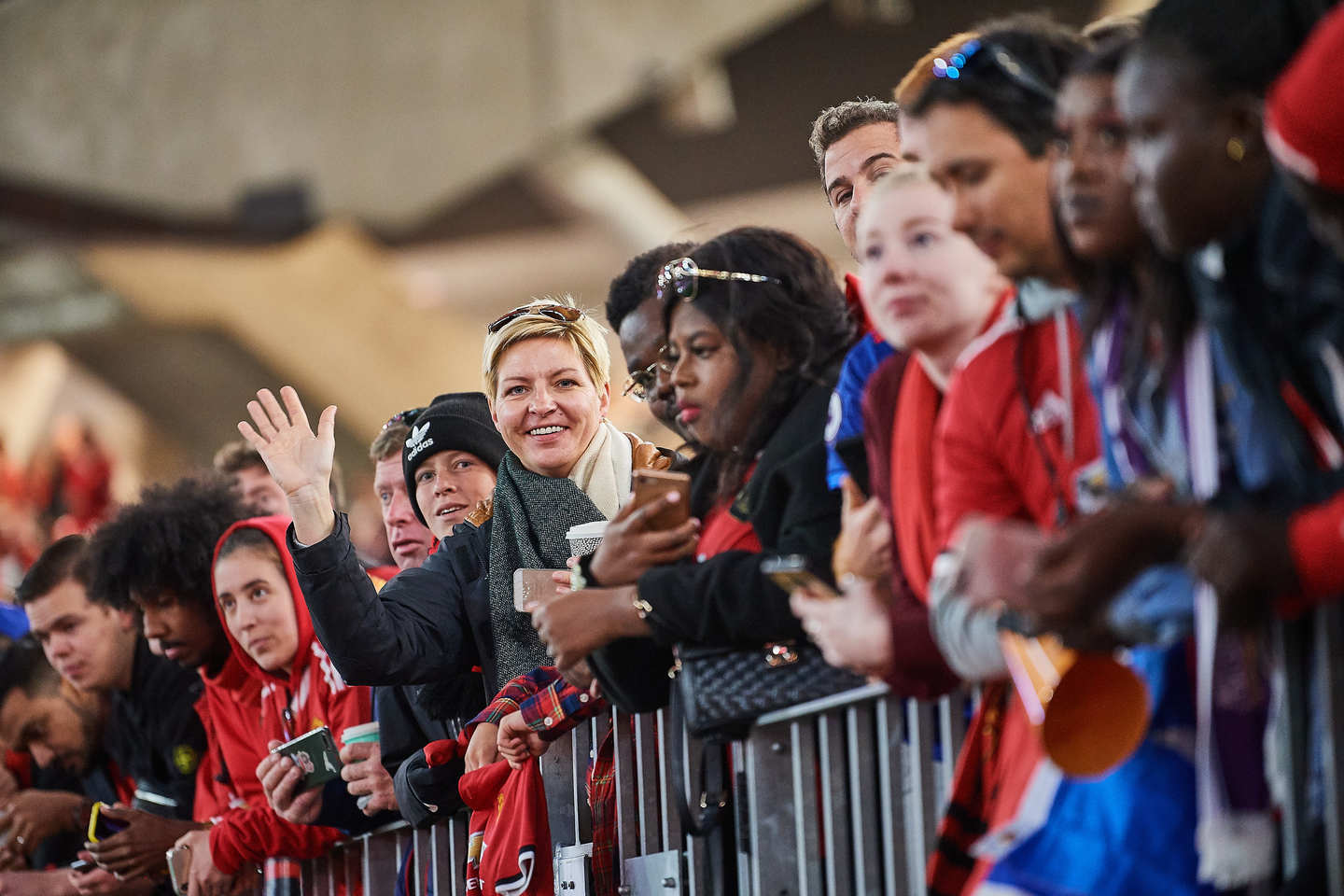Western Australia appears to be overlooking the value of sports in helping understand the state's future business partners, writes Ross Taylor.


In pre-COVID-19 days, the favourite pastime for many of the 23,000 Australians holidaying in Bali during any week was to sit at a sports bar, sip a Bintang beer and watch the AFL.
This was thanks to ABC Australia, a mere shadow of the once powerful ABC international TV network that spanned 37 countries.
Each week, ABC Australia broadcasts up to 12 hours of AFL to the delight of footy lovers all over the world, in line with the ABC objectives of “…providing content for Australians living (or visiting) abroad”.
Good news for Aussies, and good that the AFL is trying to promote the game in Asia, but how many locals are attracted to watching the AFL on TV? Not many.
Yet there is no lack of passion for football in Indonesia, with some 52 million people regularly watching another brand of football on TV: Soccer.
In soccer-crazy Indonesia, with up to 12 million people attending matches throughout the vast archipelago every week, it is common for a local derby match to attract crowds of up to 70,000 people, replete with security forces deployed to maintain peace among the passionate supporters.
So great is the fixation with soccer that, as one senior official once said, “if you control football in Indonesia, you are half way to controlling all of Indonesia”.
Australia doesn’t wish to ‘control’ Indonesia, but our prime minister and premier are quick to point out how important Indonesia is to Australia and how we must build closer relations with our giant neighbour and its 270 million people.
With a recent Lowy Institute Poll showing 64 per cent of Australians feeling distrust towards Indonesia and Indonesians, the challenge to bridge the gap is high.
Meanwhile, our national broadcaster has decided that not one game of Australian soccer should be beamed into this enormous Asian market, and in doing so, have lost the opportunity to introduce Indonesians to names like the Socceroos or the Matildas.
And with the emergence of women’s soccer in Indonesia, Sam Kerr should become a sensation, and in doing so, help bring our two nations together.
It is surprising to many that WA already has its own Aussie soccer players who are idols in Indonesia. We just don’t use them to promote our state or country to the Indonesian people.
Robbie Gaspar is a respected soccer identity here in Perth, but fly to Indonesia with Mr Gaspar and you will need security guards to stop the crush as the softly spoken Aussie is mobbed.
Along with other Perth Glory players, including Jamie Coyne and Steve Hesketh, Mr Gaspar played in the National Soccer League for seven years.
With more than 100,000 Indonesian Twitter followers, he has more contacts and insights into the lives of everyday Indonesians than most Australian diplomats or businesspeople.
Aryn Williams is another Western Australian who currently plays in Indonesia, and like his friend, is now a household name throughout Indonesia, making them both potential ambassadors for Australia.
Soccer is not the only sport that is booming in Indonesia, though.
Last year, 130 ‘Mamils’ (Middle-Aged Men in Lycra) flew from Jakarta to Perth for a four-day holiday to cycle around the Swan River.
Lead by numerous high-powered business people, including the chief executive of Garuda Indonesia Airlines, their goal was to ride while breathing fresh air – a rare event in smog-filled Jakarta – and enjoy quality bike paths, small cafes and views over our magnificent and clean river.
Sadly, Tourism WA has failed to follow up on this huge opportunity.
WA has made much about its desire to increase and diversify business and trade investment to a part of the world where getting to know a prospective business partner is critical.
Targeted sport offers the opportunity for business to build long and close relationships, and for governments to develop effective ‘soft diplomacy’ throughout the region.
At present we seem to have overlooked the value of sport as a highly valuable entry into the hearts and minds of our future trading and business partners.
Ross B. Taylor AM is the president of the Indonesia Institute Inc, and can be followed on Twitter @indorosstaylor.











